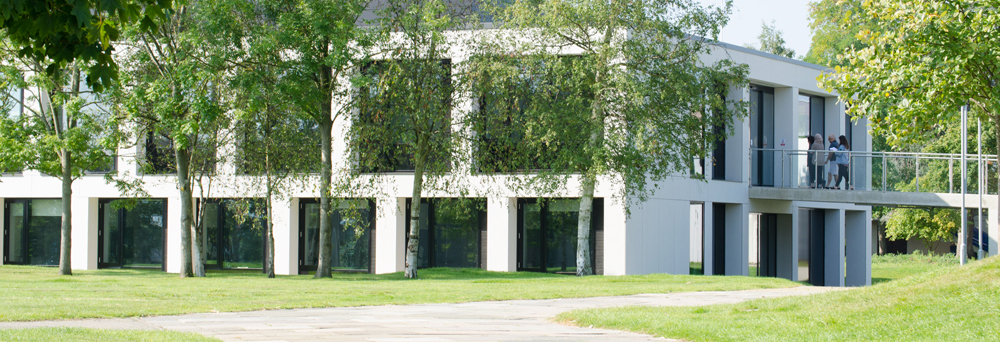– Marshalling
What is Marshalling and why do it?
Marshalling is sitting with a judge in court – often on the Bench! You’ll get to see the Barristers’ submissions and if you are lucky you will be invited into the Judge’s chambers to speak with him/her about the case and how (s)he reaches his/her decisions. Obviously, you’ll also get to see the workings of the court too (although you ought to know this anyway, and you should have done some visits to the public gallery and possibly also a mini-pupillage). Again. if you are lucky, you may get to lunch in the Judges’ Dining Room which could lead to some interesting conversation! But don’t expect this.
How long does Marshalling last?
Anywhere between one day and one week.
How much Marshalling is required?
In view of how difficult it can be to obtain there is no requirement to undertake Marshalling. This is an ‘added extra’ for your CV but a great opportunity for your personal and career development.
How to find Marshalling
All Courts are able to offer Marshalling but you may find that many restrict it to students on the BPTC or, even, qualified barristers. However, some courts do permit undergraduate students to take part.
Here’s your options:
- Kent Law School exclusively has 10 Marshalling opportunities open to you every year at the local court and another elsewhere. These opportunities are advertised just before the winter break and the application deadline is late January/early February.
- Use your own network – if you know anyone who works in the court ask them!
- If you have already joined an Inn of Court you can contact them as they have marshalling schemes.
- Contact a court to find out whether or not the opportunity is available. Always write to/speak with the Courts Manager or Listings Officer.
- TIP – I often find that people are most successful when applying to their ‘local’ court.
- Don’t forget the range of courts…..Marshalling is not the exclusive domain of the Crown Court. Try the County Courts too.
- If Marshalling is not possible …what about sitting with the Court Clerk?
When to apply
Anytime.
How to find marshalling
Whilst all courts in England & Wales are able to offer marshalling some do not and others have criteria to meet which can also include being an already practising barrister. This is because it is something that a barrister who wants to become a Judge will aim to do. I suggest that you contact courts in your home area (see below about Canterbury).
How does KLS help?
KSL and Canterbury Combined Courts run a marshalling scheme which allows 10 students to have a 2 day experience each summer. We also have 3 opportunities with a Judge who sits north of London. The scheme is administered by Liz Foden, Employability & Placements Manager (lssjemployability@kent.ac.uk) and it will be advertised to all students in open and equal competition every year (usually December – January). You’ll need to have a CV and write a letter of application. Keep an eye on the Moodle notifications and any e-bulletins from Liz. Do not write directly to the Court to apply for marshalling – you will be wasting your time as they will ask you to contact Liz.
Succeeding in your application
Make sure you have an impressive CV and a great covering letter which details your interest in this opportunity. In this instance you do not have to try to convince anyone that you want to work for a particular firm/chambers so just concentrate on why you want to Marshall. An ‘impressive’ application must have no spelling or grammatical errors! Make sure you include the dates that you are available.
If you need help with your CV use this CV reader – https://careerset.io/kent or make an appointment to speak with a Careers Adviser or Employability Adviser. There is also information on this blog – see the “How to” tab and select “write a CV”.
During Marshalling
- Make sure you have a dark outfit for court.
- Address the Judge formally unless invited by him/her to be informal.
- Find out from the Judge whether or not they welcome questions. In some cases you are not expected to speak unless spoken to. In other cases (particularly the opportunities for KLS students) questions are very much encouraged.
- Be alert and look interested! If you look bored, tired, fed up etc. what motivation will there be for the Judge to want to engage with you?
- Have pen and paper to hand. Ask if you may make notes (you may not be allowed). The notes don’t need to be about the case – they should be about the advocacy skills employed by the barristers (successful and unsuccessful tactics); the process of the court; things that surprise you (this is useful for personal statements for BPTC).
After the Marshalling
Make sure you send a thank you letter to the Judge. Not only is this polite but you never know when you may be up in front of said Judge in the future! And, thanks goes a long way to confirm to the Judge that Marshalling is useful and thus, they’ll offer it again to another student.
Further information, advice and support
- http://www.allaboutlaw.co.uk/law-careers/legal-work-experience/marshalling
- http://www.lawcareers.net/barristers/minipupillages
